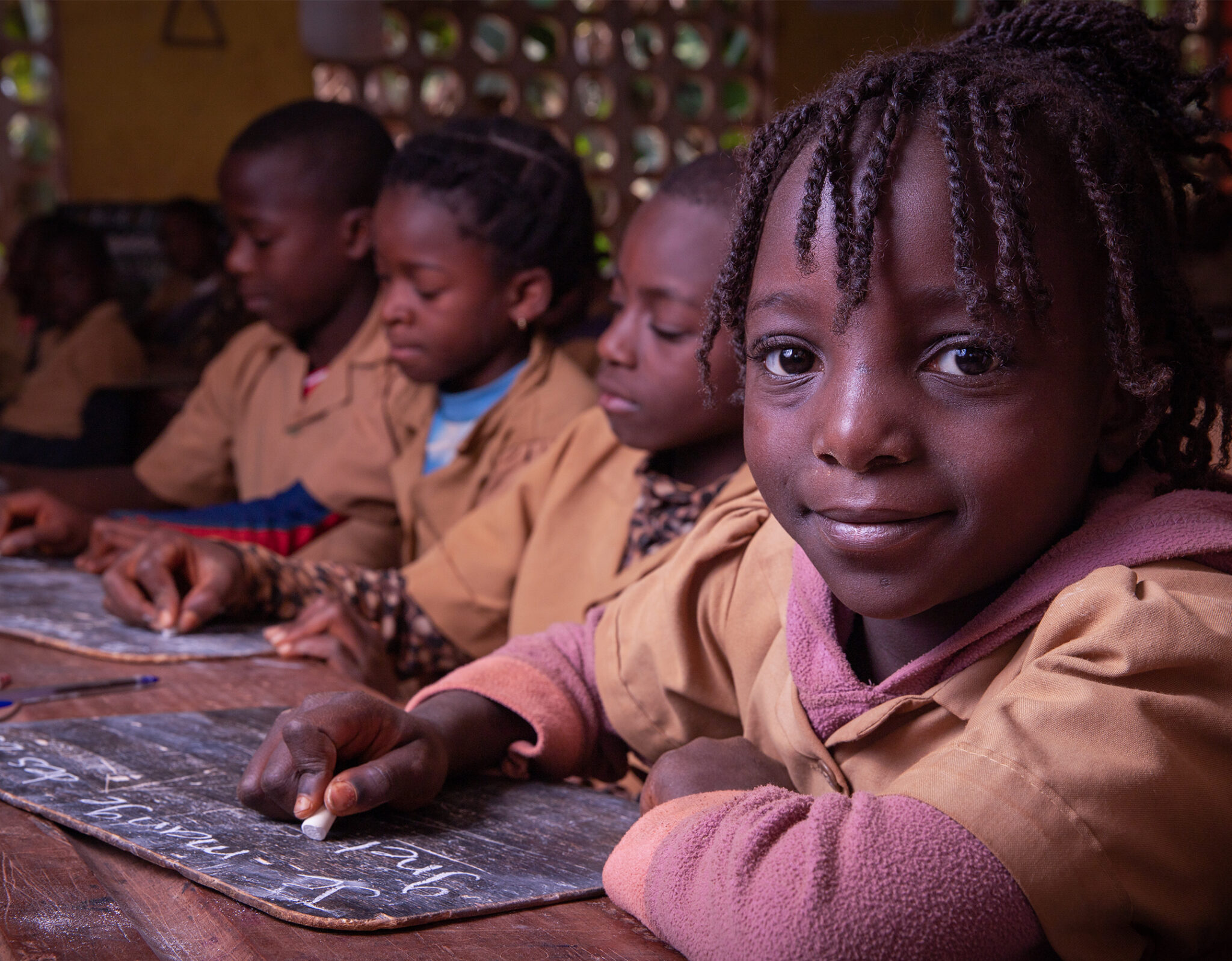Addressing the Needs of Refugee Children in Uganda
Uganda stands as a beacon of hope for many fleeing conflict and persecution, hosting the largest number of refugees in Africa. Among them, over 50% are children, with under-5s accounting for 26% of this vulnerable population. These young lives primarily originate from South Sudan and the Republic of Congo, finding themselves dispersed across settlements in districts like Adjumani, Nakivale, Kyangwali, Bidibidi and Kyaka II.
The statistics paint a poignant picture of the challenges faced by these young souls. Nationally, more than half of children aged 0-4 years are deemed multi-dimensionally poor. Compounding these issues, 12% of caregivers lack formal training in Early Childhood Development (ECD), a critical aspect of a child’s early years.
Despite these challenges, opportunities for transformation and growth abound. Improving access to quality ECD services stands out as a paramount solution that can yield enormous benefits not just for the children but for families, public services, and society at large. Central to this effort is the development of strategies ensuring the continuity of services from perinatal to age eight, especially crucial during emergencies such as those experienced in refugee contexts.
One key strategy involves increasing awareness of training opportunities, particularly government-funded initiatives, which can empower caregivers with the knowledge and skills necessary to nurture and support optimal child development. Investing in tailored training programs for refugee communities can create a ripple effect of positive outcomes, enriching not only individual lives but also strengthening the societal fabric.
Urgent Statistics Highlighting the Situation, Uganda hosts 1,688,803 refugees and asylum seekers, with children comprising over 50% of this population, while under-5 children account for 26% of refugees (National ECD SiTAN Report 2024). The Education Response Plan for Refugees and Host Communities (ERP II) has seen progress, yet faces challenges such as a 47.7% General Enrolment Rate in pre-primary education and a Net Enrolment Rate of 32%, hindered by a USD 3.6 million funding gap over three years. Child protection issues are acute, with child poverty rates reaching 59% to 69% in regions like West Nile and Southwest Uganda, exacerbating risks of child labor, school dropouts, and gender-based violence. Food insecurity affects 64% of refugee households, worsened by halved food rations under the Maternal Child Health and Nutrition (MCHN) program, amplifying malnutrition risks.
To address these challenges comprehensively, Uganda must prioritize the following interventions
- First, investing in a skilled Early Childhood Development (ECD) workforce is crucial, alongside developing a harmonized training manual for frontline workers to ensure consistent and effective service delivery.
- Second, expanding Early Childhood Care and Education (ECCE) by raising awareness of government-funded training opportunities and expediting the establishment of basic requirements and standards for pre-primary education institutions is essential. Ensuring continuity of services for 0-8-year-olds during emergencies remains critical.
- Third, foundational steps in child protection include making birth registration accessible and free for all children, while establishing and enforcing national guidelines for childcare facilities and implementing quality assurance mechanisms in alternative care settings will enhance protection.
- Fourth, addressing nutrition disparities through intensified interventions in regions with below-average nutrition indicators is imperative, along with recruiting essential health personnel like midwives to improve maternal and child health outcomes.
- Fifth, investing in data generation and dissemination on ECD programs is necessary for informed decision-making, alongside developing consensus on measurement tools and frameworks to enhance program effectiveness.
Finally, prioritizing support for children from disadvantaged backgrounds, including those with disabilities and in crisis situations, is crucial for equitable service provision. Therefore, implementing these recommendations, Uganda can create a more resilient and supportive environment for refugee children, honoring its humanitarian legacy and paving the way for a brighter, inclusive future where every child can thrive and contribute positively to their communities.

Thanks for providing such a helpful and timely resource! I’m looking forward to reading more of your insights. I hope this is helpful! Let me know if you’d like me to make any adjustments or provide additional options.